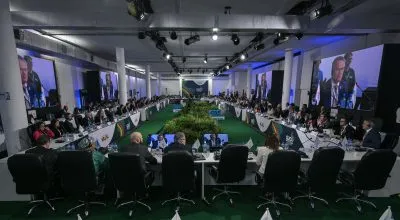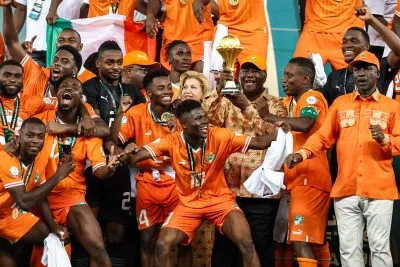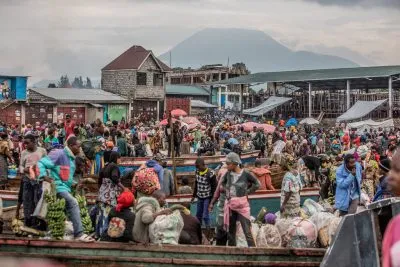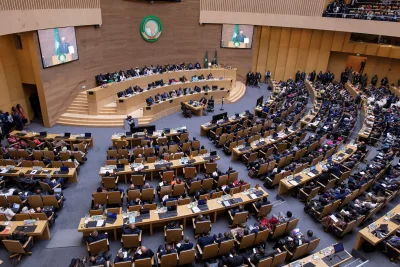The reported match-fixing incidents were supposed to have happened in international friendlies in the run-up to the soccer World Cup fixtures in 2010. President Jacob Zuma’s spokesman, Mac Maharaj, reported that Zuma had taken the decision after consulting with Fifa, football’s governing body.
The presidential action clears the way for Fifa to conduct investigations of its own. “The international football association, Fifa, has advised the president that there is currently a pending preliminary investigation on the same matter by Fifa,” said Maharaj, but did not elaborate.
However, the announcement is good news for Fifa, anxious to get to the bottom of persistent reports that the results of some international friendly fixtures had been manipulated by gambling organisation connections.
A stumbling block was erected when the government insisted on running the investigation and said it would elect a commission to do so. When Fifa announced it would mount its own investigation regardless, Sports Minister Fikile Mbalula bristled that Fifa secretary-general Jerome Falcke “must get it into his head that Fifa does not run this country”.
Fifa agreed to take a back seat and allow the government led probe to proceed. But after nearly a year, the government had still not appointed the investigatory commission and Fifa threatened to proceed without it. Now the final impediment has been removed and Fifa can get on with its sleuthing. The suspicious games were not identified, “but South Africa’s 5-0 win over Guatemala and 2-1 victory over Colombia in May 2010, shortly before the World Cup, have long been under suspicion,” reports researcher Amanda Watson.
“Three penalties were awarded in each match, mostly for hand-balls, with a number of questionable decisions. The charges came dangerously close to football’s biggest event.” One of the games under suspicion is the official opening of the Soccer City stadium in Soweto, the showpiece venue that hosted the World Cup final.
How Fifa keeps its eye on the ball
Fifa president Sepp Blatter is on record as warning that “match-fixing is endangering the integrity of the game” and is taking wide-ranging counter measures. In 2011 the football governing body monitored over 800 international football matches, including women’s events, for suspicious betting patterns. Such investigation was handled by its super weapon, the Early Warning System (EWS), a monitor of games between national teams and betting odds patterns across the course of the matches.
Head of the EWS, Jacek Wojdyla, says “we detected some matches which are now under investigation by Fifa”.
According to Interpol figures, sports betting is now an industry turning over some one trillion dollars and that close to three quarters of it is gambled on football. Fifa’s EWS came into operation for the 2006 World Cup and is solely an information-gathering entity that probes the dark side of the game and passes suspicions on.
Want to continue reading? Subscribe today.
You've read all your free articles for this month! Subscribe now to enjoy full access to our content.
Digital Monthly
£8.00 / month
Receive full unlimited access to our articles, opinions, podcasts and more.
Digital Yearly
£70.00 / year
Our best value offer - save £26 and gain access to all of our digital content for an entire year!
 Sign in with Google
Sign in with Google 



